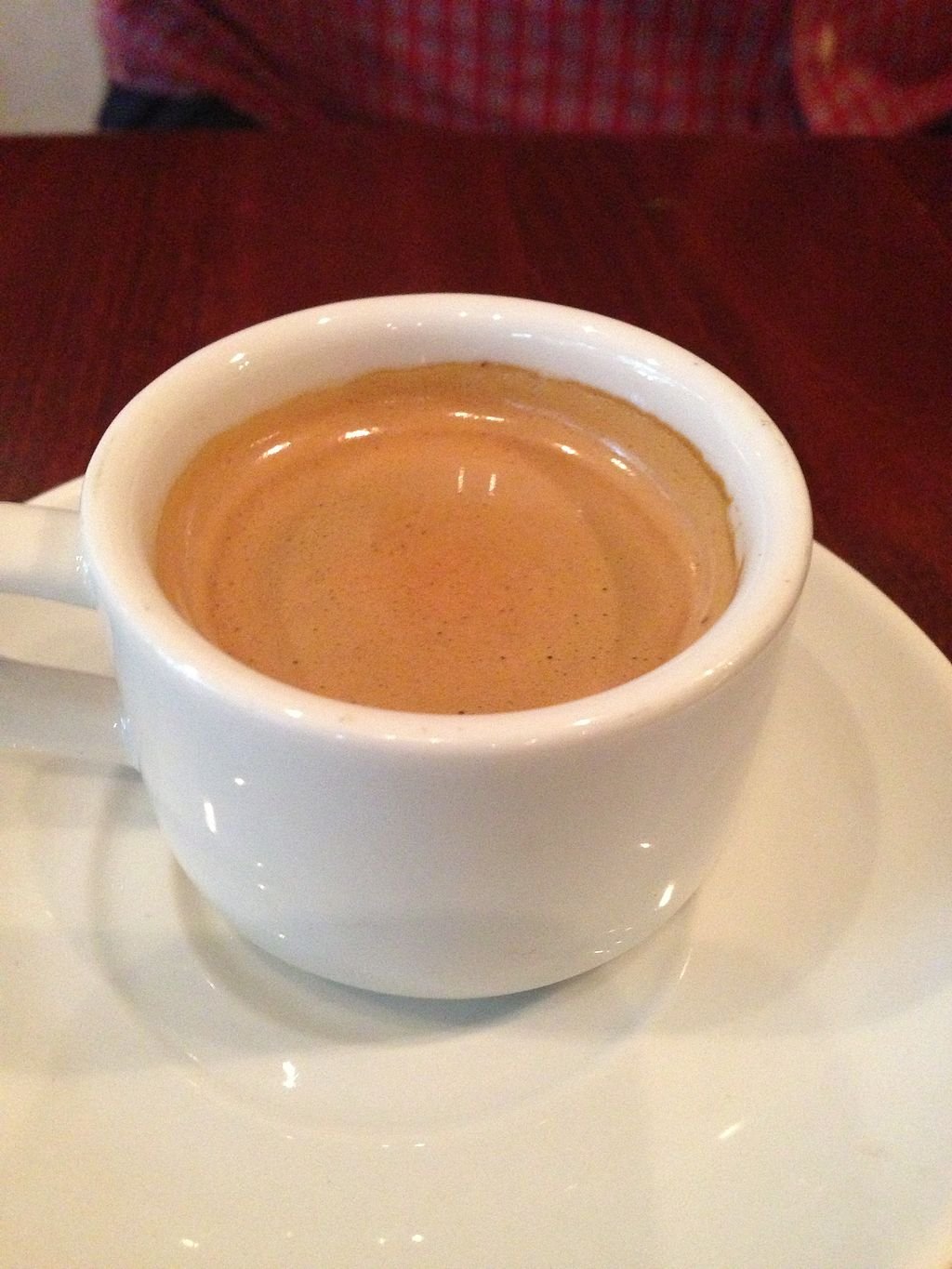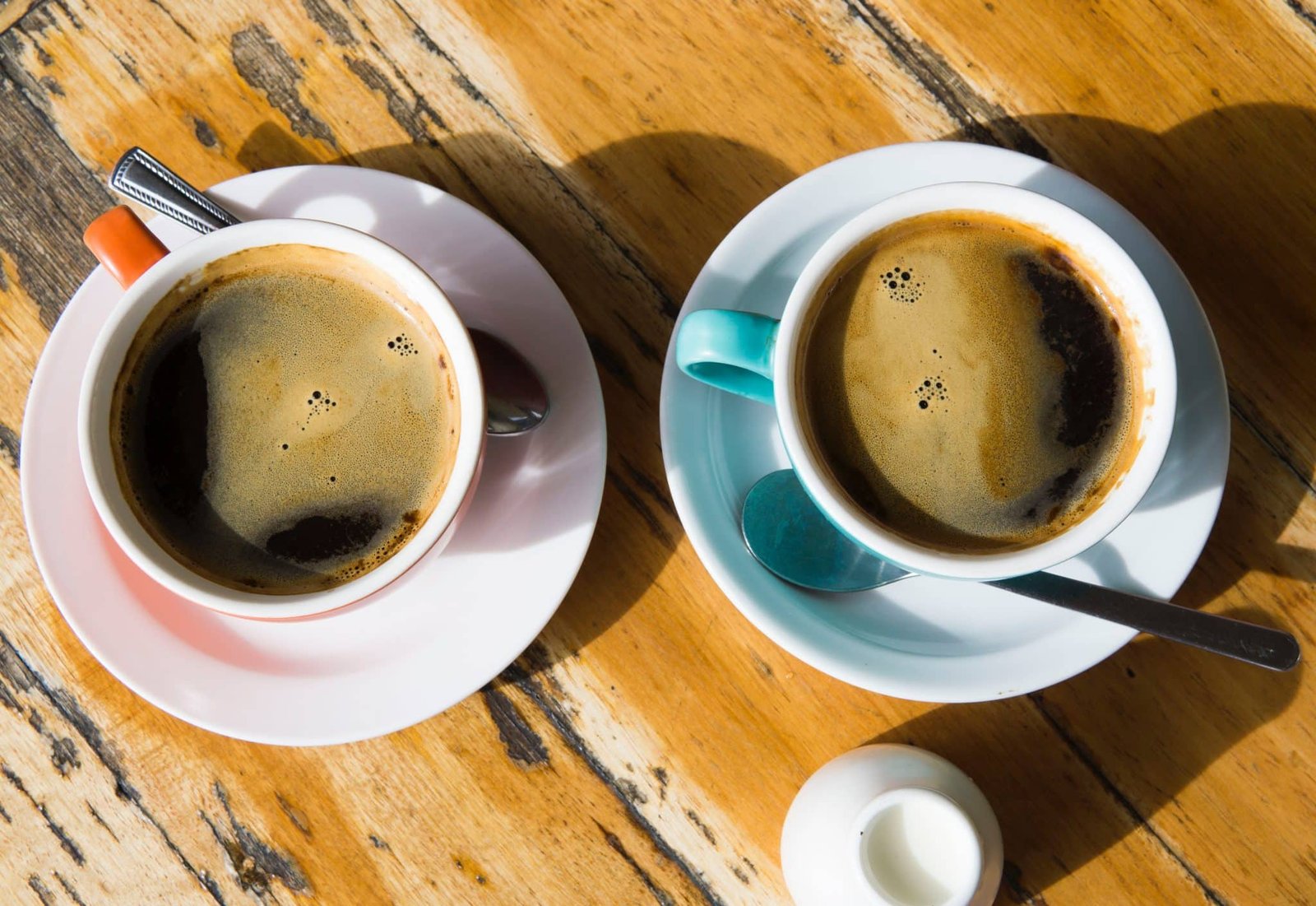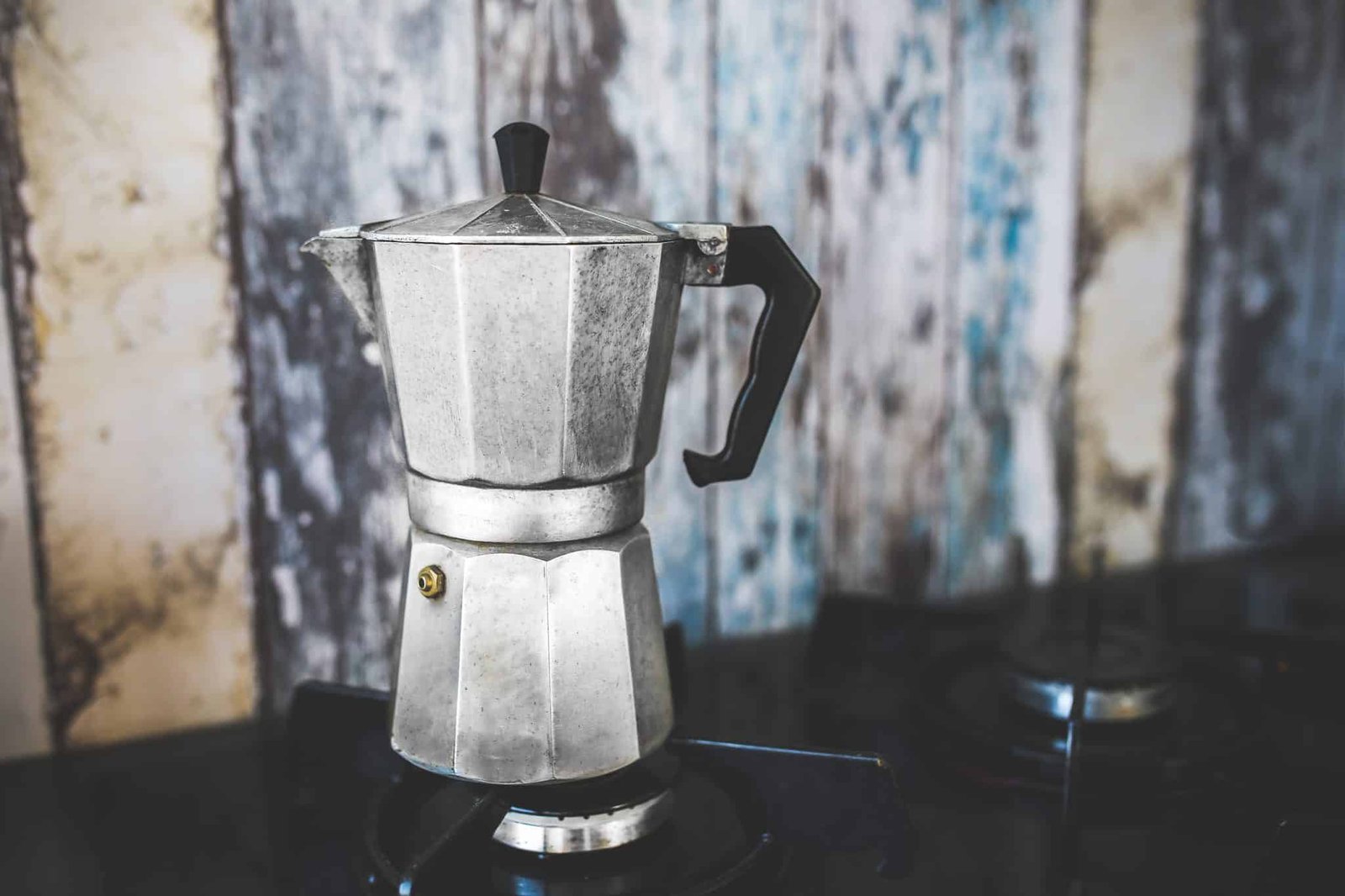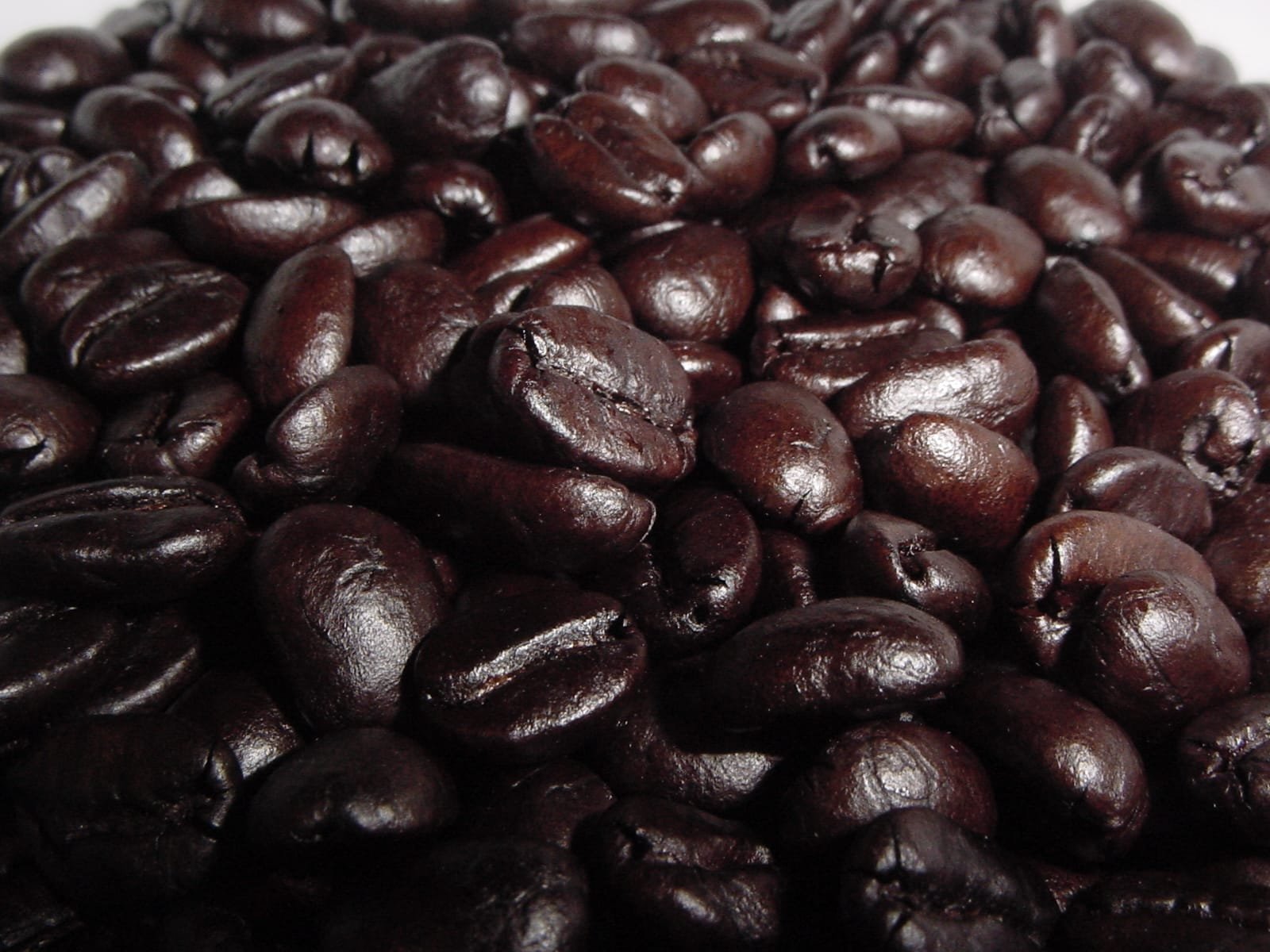Why Is Cuban Coffee So Strong? – Let’s Find Out
Coffee Queries is reader-supported. When you buy through links on our website, we may earn an affiliate commission. Learn More
Cuban coffee is renowned for its extraordinary strength and intensity bringing the “Oh so good” vibe to coffee enthusiasts around the world. This iconic beverage has gained a reputation for delivering a potent caffeine kick and a robust flavor that packs a punch.
Have you ever wondered why is Cuban coffee so strong? Well, the answer lies in a combination of factors rather than a single word. Numerous elements contribute to the potency of Cuban coffee, including its unique preparation method, the amount of beans used, the grind size of the beans, and more.
If you’re curious to explore the detailed reasons behind the exceptional strength of Cuban coffee, let’s take a closer look at the various factors involved!
Also Read Why Is Vietnamese Coffee So Strong? [EXPLAINED]
Why Cuban Coffee Is So Strong?

Unlike regular American coffee, Cuban coffee is famous for its extraordinary strength, delivering twice the impact. When made with great care, it becomes a very strong and intense drink with a delightful taste. The following are several factors that contribute to the remarkable strength of Cuban coffee:
Unique Method of Preparation
Cuban coffee’s outstanding potency is partly attributed to its preparation using a Moka Pot. The Moka Pot is the preferred brewing method in Cuba and is widely used to make this type of coffee worldwide. But the question remains: How does this lead to Cuban Coffee being so strong? The following are few reasons.
Pressure Brewing
The Moka Pot uses pressure to brew coffee. When you add water in the bottom chamber and coffee grounds to the middle chamber, as the water heats up, it creates steam. This steam builds pressure, forcing the hot water through the coffee grounds in the middle chamber. This pressure extraction process enhances the extraction of flavors from the coffee grounds. Therefore, a stronger and more concentrated version of Cuban Coffee is formed.
Fine Grind
For Moka Pot brewing, coffee grounds are generally finer than what you would use for drip coffee makers. The fine grind allows for more surface area of the coffee to be exposed to the hot water during the brewing process. This means more coffee flavors are extracted leading to a stronger and more robust brew.
Higher Coffee-to-Water Ratio

Compared to other brewing methods, the Moka Pot uses a higher coffee-to-water ratio. You typically add more coffee grounds per cup of water in the Moka Pot compared to, say, a drip coffee maker. This increased amount of coffee grounds contributes to a stronger coffee taste. The main reason is that there is an increased amount of caffeine using this method, which ultimately brings more strength to the coffee.
Rapid Brew Time
The Moka Pot brews coffee relatively quickly, typically in just a few minutes. The shorter brewing time can result in less dilution of the coffee which helps in maintaining its strength and intensity.

With all these aspects, a Moka Pot helps in grinding its way to a stronger “brew-tiful” flavor of Cuban Coffee!
Suggested Reading: Moka Pot vs French Press
Unique Blend Of Beans
One of the contributing factors to the strength of Cuban coffee is the unique blend of beans used in its preparation. While the world predominantly uses two primary types of coffee beans, namely arabica and robusta as discussed in our guide to the most widespread type of coffee. Each coffee species has distinct characteristics. Cuban coffee stands out by carefully combining both varieties.
Arabica Beans: These beans have a softer and sweeter taste, and they come with fruity and light flavors. They are liked by many because of their diverse range of delicate flavors, making them suitable for various taste preferences.
Robusta Beans: On the other hand, robusta beans have a different flavor profile. They are darker and have a stronger taste, with hints of grainy and nutty flavors. Some people enjoy this boldness in their coffee.

While arabica beans are favored by many for their diverse range of delicate flavors, Cuban coffee takes advantage of the robusta beans’ boldness and intensity.
Famous Cuban coffee brands like La Carreta take great care in selecting premium beans from different regions in South America. These top-quality beans then undergo a secret roasting and blending process, allowing the flavors to merge perfectly.
By combining arabica and robusta beans and grinding them just right, “crema” is formed. This is a thick and velvety foam formed on top of the coffee, which is one of the signatures of a well-prepared Cuban coffee.
So, Cuban Coffee knows how to “bean” special by blending two fantastic flavors and topping it off with a creamy “crema” of the crop!
Dark Roasted Beans

Another crucial element that enhances the strength of Cuban coffee is the use of a dark espresso roast. These beans undergo a thorough roasting process that yields oils, acids, and sugars, all of which contribute to the overall flavor profile of the coffee.
Dark roasts are known for producing shiny black beans with an oily surface in the flavor profile as stated by National Coffee Association. They are famous for their smoky and bitter characteristics, which are often associated with a strong and intense taste. When beans are roasted to a darker level, they become more water-soluble and porous, making it easier for the flavors to be extracted during brewing.
High Level Of Caffeine
Higher Caffeine = Stronger Coffee. Period.
Cuban coffee is renowned for its strong potency due to its high caffeine content—199 milligrams. Regular coffee, in comparison, contains only 40 milligrams.
It is worth-nothing that the actual amount of caffeine in Cuban coffee can change depending on things like the type of beans, how dark they’re roasted, and how you brew it. So, sometimes it could have even more or less caffeine than the standard 199 mg.
Suggested Reading: How Much Caffeine In a Cup Of Coffee?
Smaller Grind Size
Another reason behind the remarkable strength of Cuban coffee is the utilization of a smaller grind size. This choice in grinding the coffee beans plays a significant role in the extraction process, ultimately impacting the potency of the final brew. Unlike American drip makers that often use medium to large ground coffee, Cuban coffee opts for a finer grind.
Now many might ask: How does the grind size impact the strength? Well, the decision to use a smaller grind size in Cuban coffee has a direct correlation to its strength. By grinding the coffee beans into smaller particles, a larger surface area is exposed, allowing water to interact more extensively with the coffee during the brewing process. This enhanced contact facilitates a more efficient extraction of flavor compounds, resulting in a highly concentrated and intense brew.
The increased contact between the water and the coffee also means that the brewing process happens more quickly than with larger coffee grounds. This rapid extraction of flavors results in a more concentrated and intense brew.
More Beans With Less Water
Another significant factor contributing to the strength of Cuban coffee is its utilization of a higher quantity of coffee beans compared to American coffee. The strength of a coffee brew is determined by the ratio of coffee to water, and by increasing the amount of coffee beans while reducing the water, a more potent concoction is achieved.
In the case of Cuban coffee, the coffee-to-water ratio is considerably higher than that of American drip methods. As decided by the SCA, the Specialty Coffee Association of America, most American coffee follows a coffee-to-water ratio of 55 g/L ± 10%. This means that you use 1 part coffee to 18 parts water. On the other hand, Cuban coffee embraces a bolder approach with a ratio of 1 part coffee to 7 or 10 parts water.
By employing a larger quantity of coffee beans in the brewing process, Cuban coffee succeeds in delivering a stronger cup of Joe.
Is Cuban Coffee Unsafe?
Keeping in mind the numerous aspects of a Cuban Coffee as stated above, one might think that Cuban Coffee is dangerous towards one’s health. Let’s explore this!
Cuban coffee, known for its potency, contains higher levels of caffeine compared to regular coffee. For some individuals, excessive caffeine intake can lead to side effects such as increased heart rate, anxiety, jitteriness, or digestive issues
The traditional way of serving Cuban coffee often involves adding sugar. While sugar adds sweetness and enhances flavor, excessive consumption of sugary coffee drinks can contribute to weight gain and potential health issues related to sugar intake.
The high caffeine content in Cuban coffee may interfere with sleep if consumed in large quantities or close to bedtime. It’s best to enjoy it earlier in the day to avoid sleep disruptions.
So, should you consume Cuban Coffee? Well, the answer is simple. Moderation is key!
Even regular coffee has several drawbacks if you consume it at an excess. This aspect multiplies in the case of Cuban Coffee as it is too strong. With that in mind, try to limit your consumption to 3 cups in two days at max.
Conclusion
In conclusion, Cuban coffee is strong due to a unique blend of arabica and robusta beans, a dark espresso roast, pressure brewing in a Moka Pot, finer grind size, and careful sugar addition. This coffee has 199 mg of caffeine which is significantly higher than regular coffee. For all these reasons, Cuban Coffee is definitely one of the strongest types of coffee. We recommend it specifically for people who are lazy in the mornings!
In case you still feel sleepy, check out our guide — Coffee Makes You Sleepy: 8 PROVEN Reasons Why it Happens
Why is Cuban Coffee So Strong - FAQ
What makes Cuban coffee so strong?
Cuban coffee's strength is attributed to a combination of factors including its unique preparation method, the type of beans used, the grind size, and the coffee-to-water ratio.
How does the roast level of the beans affect the strength of Cuban coffee?
Cuban coffee utilizes dark roasted beans, which are known for their smoky and bitter characteristics. Dark roasts are more water-soluble and porous, making it easier for flavors to be extracted during brewing, leading to a stronger taste.
Is consuming Cuban coffee safe?
While Cuban coffee is known for its high caffeine content, moderation is key. Consuming it in excess can lead to side effects like increased heart rate, anxiety, and sleep disruptions. It's recommended to limit consumption and enjoy it earlier in the day.






